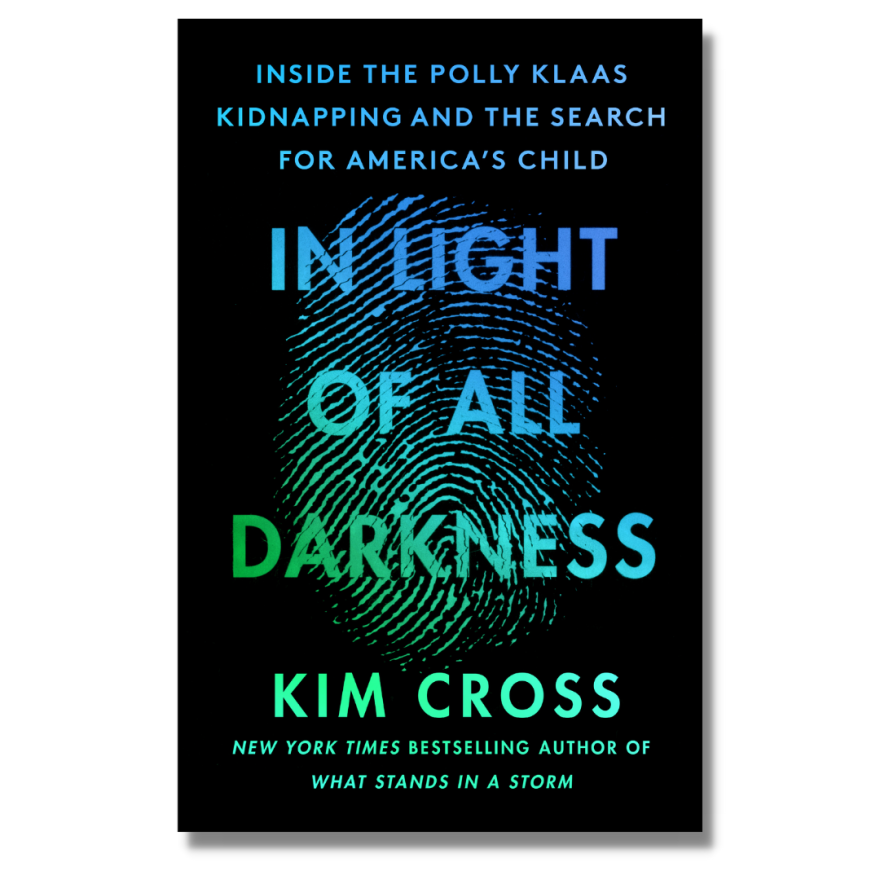Raising children in America changed after the October 1, 1993 abduction of Polly Klaas in peaceful Petaluma, California. Parents all over the country were in various degrees seized with fear: ”stranger danger.” Cross writes, “The days of free-range childhood were vanishing.” Thirty years later, some parents are still reluctant to let their children walk to school, to the corner store, to the local park. It seems safer to have kids in the house, playing video games.
Exercising the same attention to detail, minute-by-minute reporting, as she had done in her bestseller “What Stands in a Storm,” about the April, 2011 tornado in Tuscaloosa, Kim Cross narrates the kidnapping, the search for Polly, the arrest of the perpetrator, his interrogations and trial and the aftereffects, positive and negative.
Twelve-year-old Polly Klaas was having a sleepover with two friends in her bedroom at home, when a stranger came in the door with a knife, tied up Polly’s friends and took her away. The abductor did not wear a mask, had no connection to the family or neighborhood. It seemed perfectly random, unlike many abductions which turn out to be custody disputes. Polly’s father, however, divorced from her mother, was cleared of suspicion very quickly.
Police considered the possibility of a prank, but within hours it became clear that the abduction was real. The Evidence Response Team conducted an examination of the crime scene with exquisite thoroughness—every fingerprint, hair, fiber, dust. The local police and the FBI cooperated fully, not competitively, and this is now standard. A profiler and a sketch artist were used along with forensic experts.
Cross details the small mistakes police made in their investigation—none of which could have changed the outcome. Because they initially suspected a hoax, police seized on small inconsistencies and questioned Polly’s two friends overly aggressively, causing additional trauma. They were asked to reenact the crime. Interviews are conducted much more gently now.
In what was then a fairly new practice, it was quickly decided to enlist the public, the media, for publicity, and to encourage volunteers to search for Polly or for clues. Large amounts of money were raised, celebrities became involved, Polly’s photograph was reproduced and distributed by the hundreds of thousands and on several continents. As we know, Polly was killed, her body found, and the killer sent to prison.
Although this is not a novel, the facts in this meticulous true crime report are as enthralling as they were in Capote’s “In Cold Blood,” carrying the reader along and showing the emotional effects of the kidnapping and the investigation on everyone involved: family, friends, police. All over the country, millions were emotionally engaged in the search. It is not an exaggeration to say that for a while Polly was “America’s Child.”



